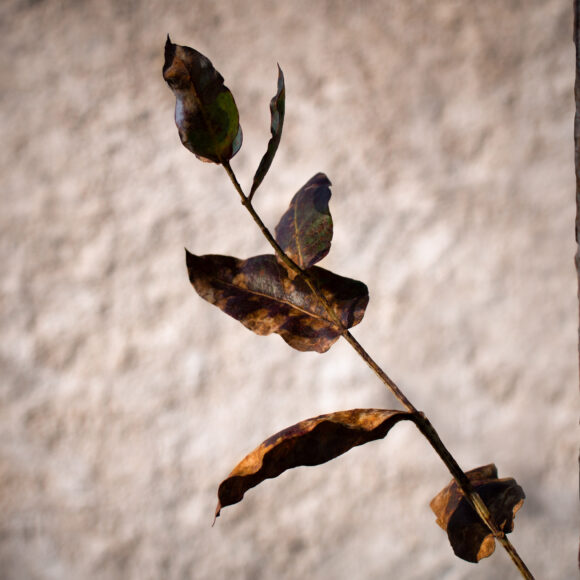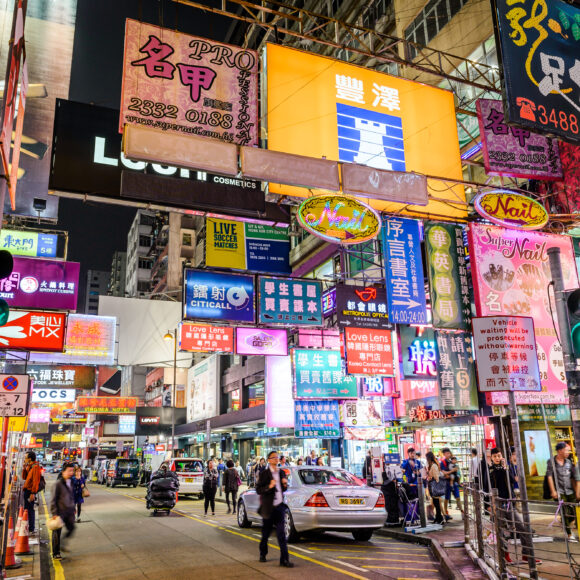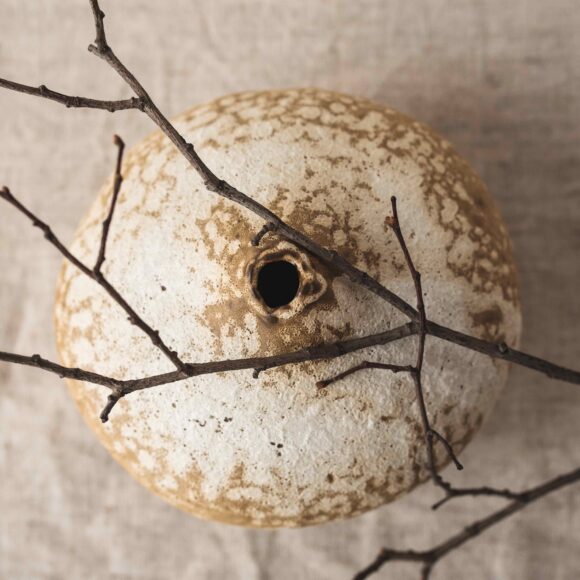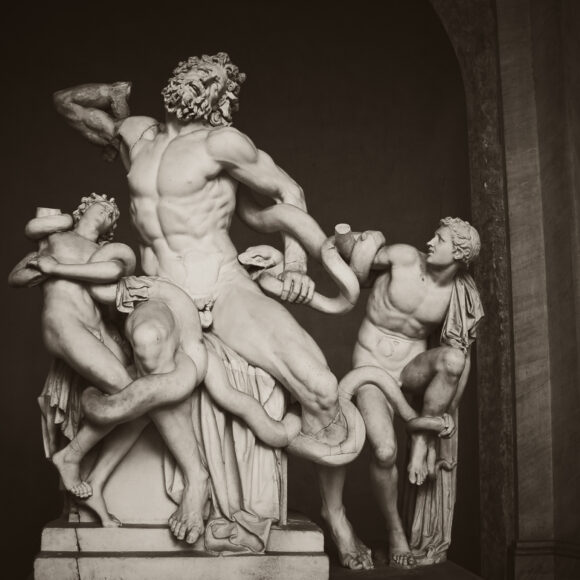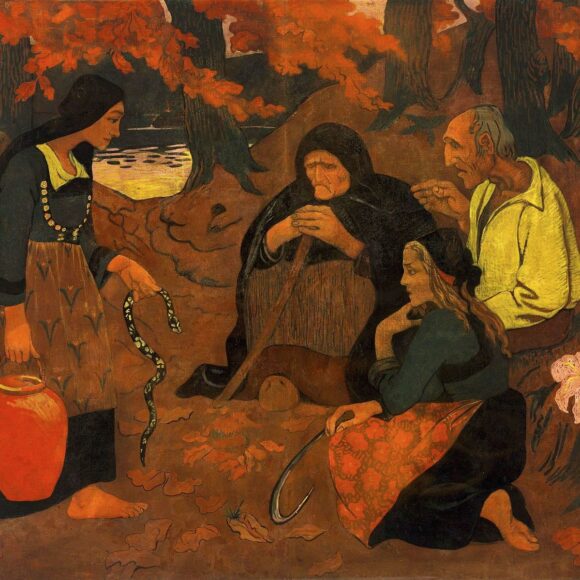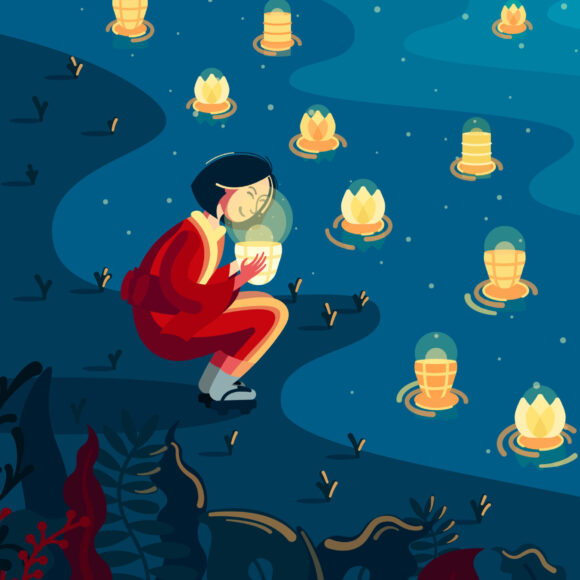Sophocles’ Antigone has been central to many philosophers’ and psychoanalysts’ thought. This talk offers a fresh interpretation of the play.
Project Category: Philosophy and Spirituality Events
Sex in the Event of Happiness
What good is sex? This talk draws on the work of Lauren Berlant, a leading theorist of sexuality, politics, and culture, to think about the place of sex and the erotic in contemporary culture.
The Stoics on Value
The ancient Stoics have a simple yet compelling view of finding value in a material world. Virtue makes all the difference to our happiness or well-being. Using a range of ancient sources, we will explore and discuss Stoics ideas in much more detail in conversation together.
Skywatching: Nancy Holt’s Sun Tunnels
Simple in appearance, yet complex in execution, Sun Tunnels is a philosophical reflection on time and the cycle of nature. This talk will explore the different facets of this artwork to help us to rethink our modern conceptions ‘progress’ and ‘time’.
Japanese Calligraphy: sabi
Sabi is another Japanese aesthetic concept that is closely related to wabi, but with a greater emphasis on the beauty of ageing and decay. Join our next calligraphy session and learn about idea of Sabi in Japanese culture.
Farewell to Postmodernism?
This session will discuss Byung-Chul Han’s views. Han is one of the most prominent South Korean-born philosophers and cultural theorists. In his works, Han explores the late capitalist culture in its various facets, including concepts such as freedom, the internet, mental health, popular culture, religion, sexuality, social media, subjectivity, technology, and transparency.
Wabi Sabi: the impermanent beauty of imperfection
Wabi-sabi concept offers to embrace imperfections and appreciate simplicity, natural state and deeper meanings in them. Wabi-sabi teaches us to accept what is not under our control, to strive for excellence rather than perfection, to appreciate failures and flaws, to live simple and slow down our pace. Join Azumi Uchitani in the conversation about Japanese ideas of wabi-sabi and what ‘beautiful’ means.
The Statue of Laocoön: Empathy and Predictive Perception in Art
This talk explores recent scientific advances on biological processes underlying the observation of body movements, gestures, postures, and expressions and their consequences for our aesthetic experience of – and empathy towards – art that depicts human figures.
Dreaming Before Nature: the art of the symbolists
The late 19th century gave birth to the symbolist movement. In rebellion against scientific empiricism (seeing is believing) that had become a dominant school of thought, the symbolists favoured what could not been seen: dreams, fantasies and the imagination.
Collective Memory: honouring deceased in Japan
Every summer Japan celebrates a festival, Obon, to commemorate ancestors, whose spirits are believed to return to this world in order to visit their relatives. It is believed that memorial ceremonies not only help people to pay their respect to spirits of deceased relatives but also serve as healing rituals helping families and communities to process their grief and disturbing memories.





